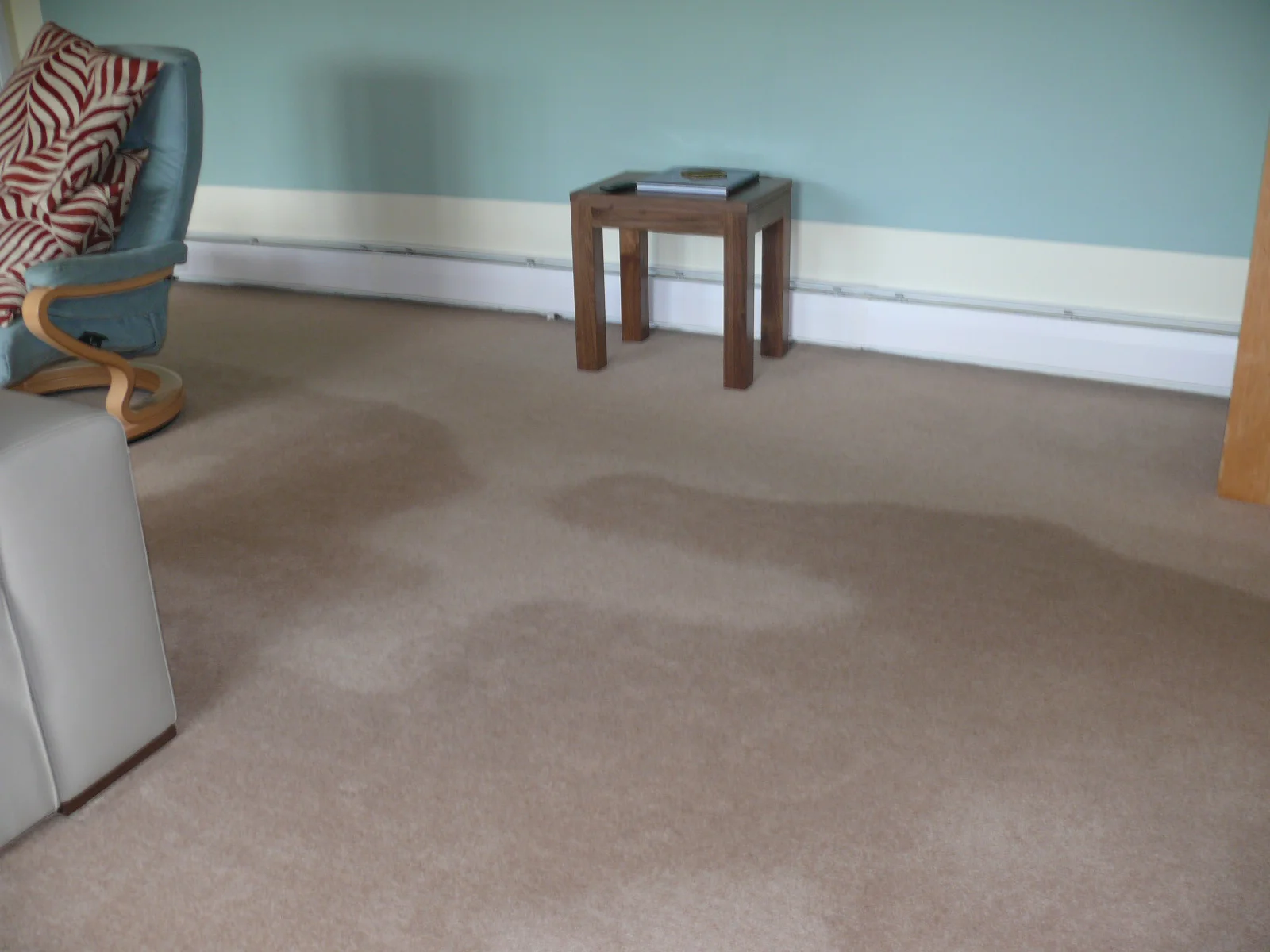The Missing Link
/First published in Interiors Monthly August 2015
Being a retailer has its problems. Not least of these is that you are selling products to consumers who have rights (and, let’s not forget, responsibilities) that you can’t avoid, but that may be very different to the rights you have to claim from your supplier. Consumer law is designed to protect the consumer from unscrupulous traders but even the best of retailers must comply. But suppliers have their own terms of trading with retailers that are not covered by the same legislation and the two may not match, leaving the retailer responsible for obligations to their customers that the manufacturer will not support.
In practice, most issues are sorted out amicably, but it can get even more confusing when another link is put into the chain of supply: installation. Poor installation and/or poor service from the installer can cause customer dissatisfaction, reduce the life of a product and even damage the product beyond repair. Imagine these scenarios:
· A laminate floor starts to swell causing the flooring to lift and the edges of the boards to chip
· The castor of a bed breaks shortly after it was assembled by a delivery company
· A kitchen cabinet crashes to the floor eighteen months after it was fitted
· A carpet comes loose and can’t be restretched because it appears to have shrunk
Are these manufacturing faults? It would be easy to jump to that conclusion without investigating the problem and gathering the evidence to show exactly what has gone wrong. And who can you use that has the right expertise and a degree of impartiality to give you an honest appraisal? I lost count years ago of the number of times a manufacturer’s report identified that there was “no manufacturing defect” but diplomatically stopped short of saying the fitting was poor or the product was incorrectly specified – and as a result the customer’s genuine complaint was rejected. Or the installer/fitter did the inspection and couldn’t identify the shortcomings in his or her own work, again to the detriment of the consumer and the retailer’s reputation.
If you use installers/assemblers for any of your products, how good are they? Do you keep a note of the customer feedback you receive and analyse this to spot trends and identify any shortcomings? Better still, how thoroughly do you check their quality of work and service before you take them on, using references or practical assessments? And do they inspect their own complaints? Or do you ensure that any negative feedback is checked by someone else who’s got the knowledge and experience to give you honest feedback?
As a retailer, it’s your reputation that’s at stake. Those who provide even a part of the service that your customers receive can make or break your future, so it’s worth taking care to ensure they uphold your values and standards consistently.
When you’re in doubt, or can’t see what’s going wrong, a good independent consultant can help to identify the issues and give you the information you need to get things sorted and protect your reputation.


